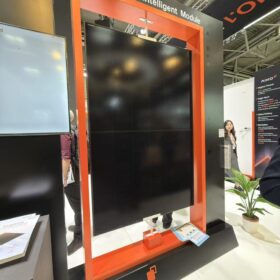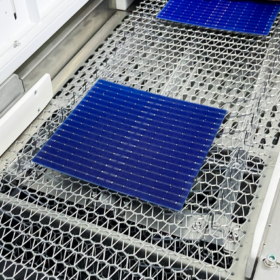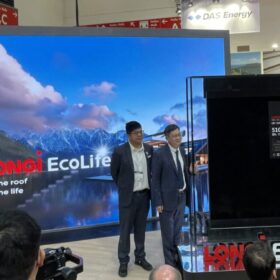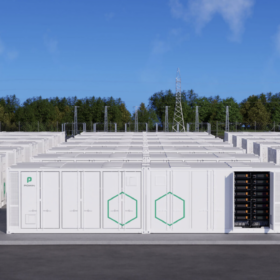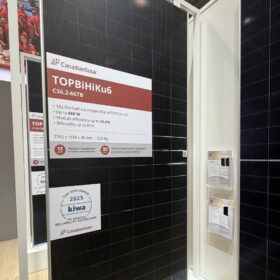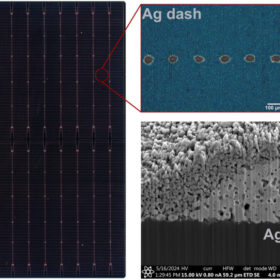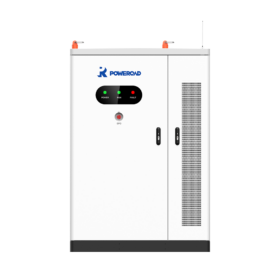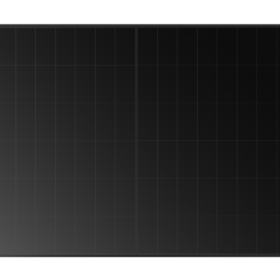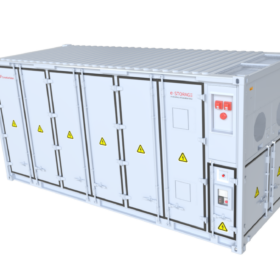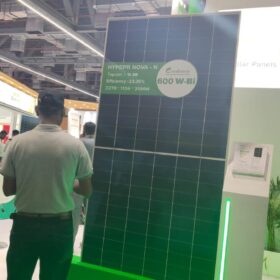Aiko unveils back-contact solar module with ‘fully intelligent integration’
Chinese solar cell and module maker Aiko has unveiled its new intelligent solar module series, Navigator. Based on the company’s N-type, all-back-contact technology, Navigator promises a 3% to 5% boost in annual energy yield and lower operating costs.
US-based SEG Solar launches cell production in Indonesia
United States-headquartered PV module manufacturer SEG Solar has successfully commissioned a solar cell factory in Indonesia with the first N-type cell produced at the facility having rolled off the production line.
Longi launches all-black back contact solar panel series
The EcoLife series brings Longi’s back contact technology to the residential solar market with panels that reportedly offer quicker system payback and reduced power degradation over time.
Powin introduces 6.26 MWh Pod Max containerised battery
Energy storage specialist Powin has launched Pod Max, a 6.26 MWh containerised lithium-ferro-phosphate battery system that delivers 25% more energy density than its standard 5 MWh product. The liquid-cooled unit targets grid-scale applications.
Canadian Solar debuts 660 W TOPCon solar panel with 24.4% efficiency
The new products are available in seven versions with power output ranging from 630 W to 660 W and power conversion efficiency spanning from 23.3% to 24.4%.
Silver-lean screen-printing can reduce silver use in TOPCon solar cells by 40%
Researchers from the University of New South Wales have teamed with international colleagues to develop a metallisation technique for TOPCon solar cells that can reportedly reduce silver usage in the devices’ rear side by 85%.
Poweroad launches 233 kWh battery for C&I solar
The Chinese manufacturer said that up to 10 battery cabinets can be connected in series to reach a total storage capacity of 2.33 MWh.
Longi launches residential HJT back-contact solar module with 25% efficiency
Longi has developed the Hi-MO S10, a residential heterojunction (HJT) back-contact solar module with 25% efficiency, combining 27.6%-efficient cells with up to 510 W output and 252.3 W/m² power density.
Canadian Solar’s storage unit launches 5 MWh battery
The battery unit of the Chinese PV manufacturer said its new large-scale battery has a lifecycle of more than 12,000 cycles. The system has a nominal capacity of 5 MWh and a roundtrip efficiency of up to 95%.
Credence Solar unveils 600 W TOPCon PV panel
India manufacturer Credence Solar has unveiled the Hyper Nova N TOPCon module series available in power outputs from 580 W to 600 W with front-side power conversion efficiency of 22.45% to 23.25%, respectively.
